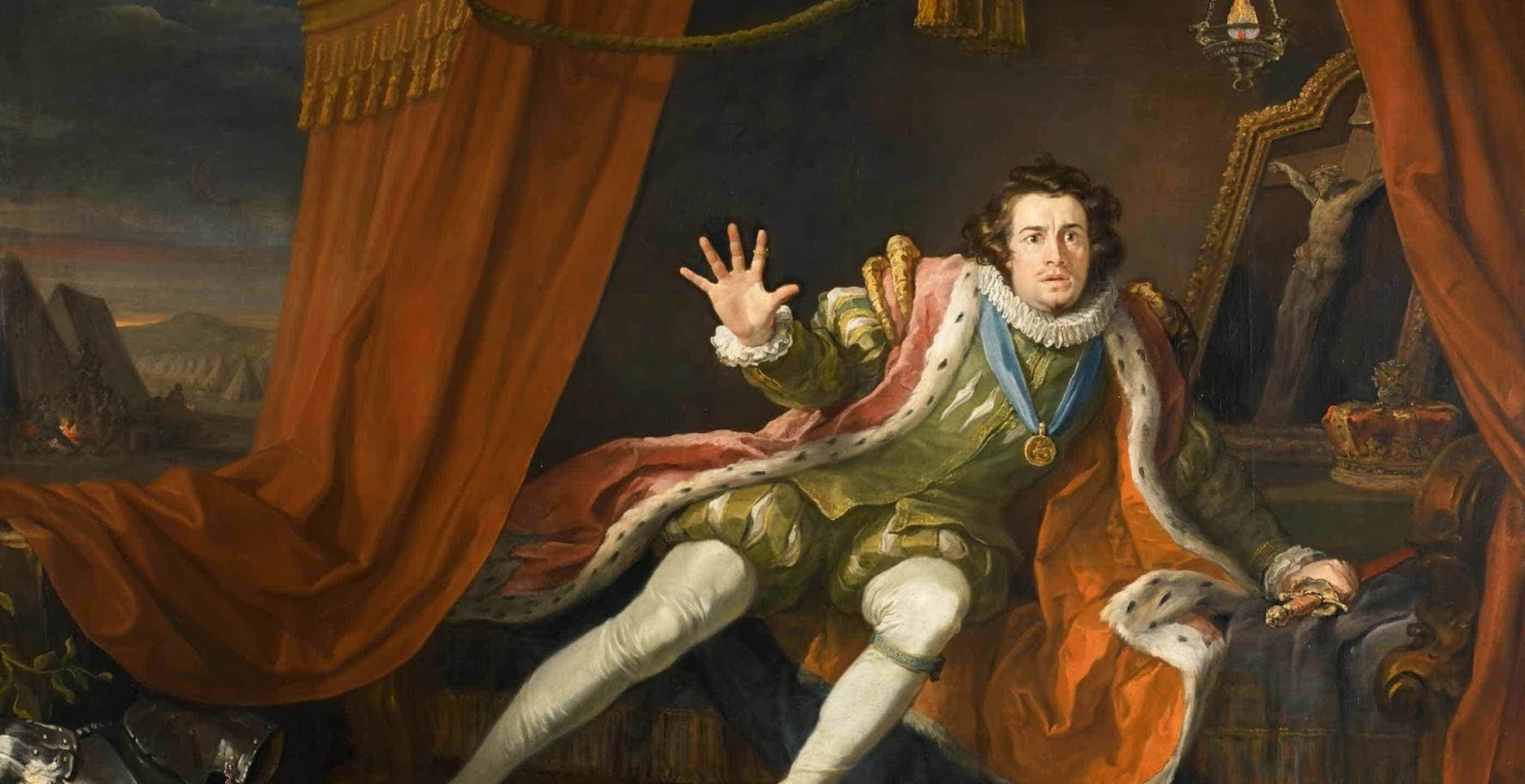Culture UK
Who are the British? Do they really drink tea, eat roast beef and Yorkshire pudding and never leave home without an umbrella? Find out more about true Brits; past and present, myth and legend, fact and fiction.
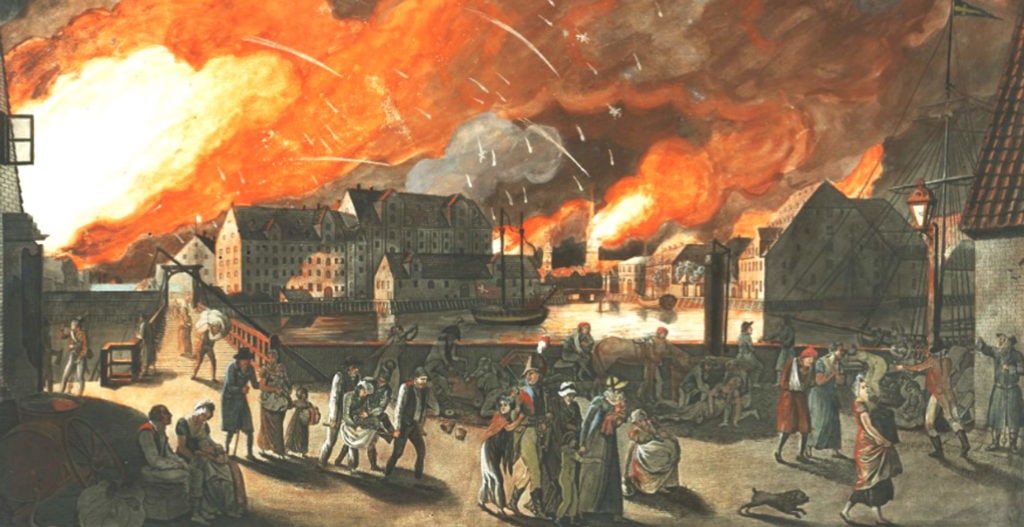
The Anonymous Peter Puget
In a small graveyard in a tiny English village lies the tomb of Rear-Admiral Peter Puget. Virtually unknown in his homeland, this fine sailor rose from midshipman to Rear Admiral and gave his name to Puget Sound, Seattle in the USA…
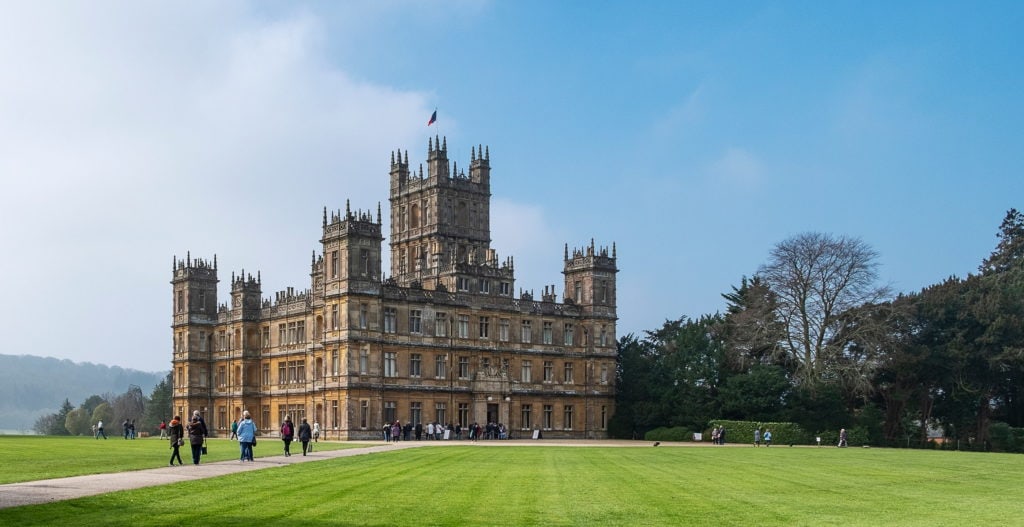
Rise and Fall of the English Stately Home
The TV series and films about Downton Abbey have inspired us with visions of how life used to be in a grand country house in its heyday: the family, the staff and of course, the star of the show, the fabulous building itself…
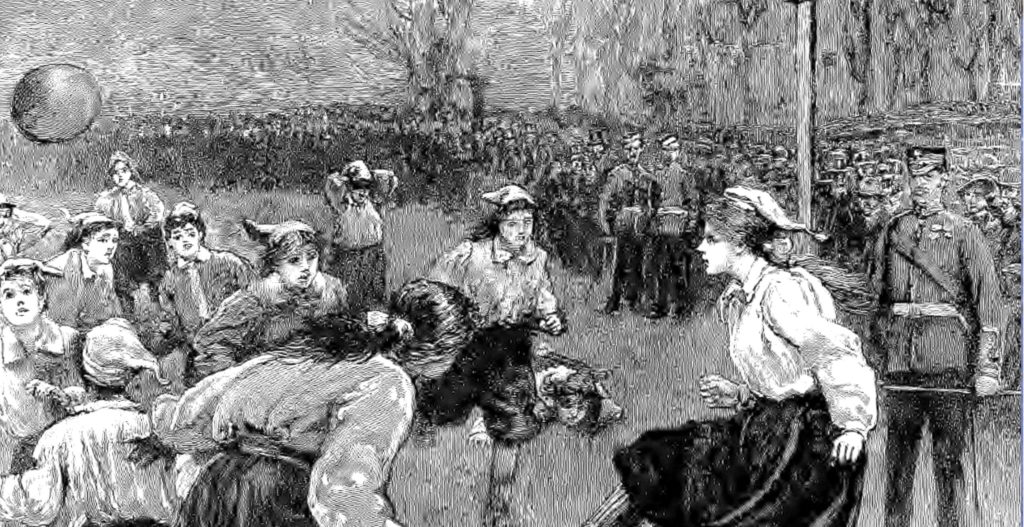
Pioneers of Women’s Football
The triumph of the ‘Lionesses’ at the European Championship in July 2022 was celebrated throughout the country and seen as a watershed moment, specifically for women’s football, women’s sport and, in general, for equal rights. As Chloe Kelly raced around the Wembley pitch, pulling off her top in a wild celebration after scoring the winning goal against Germany she might have shouted: “Three cheers for Nettie J Honeyball!”
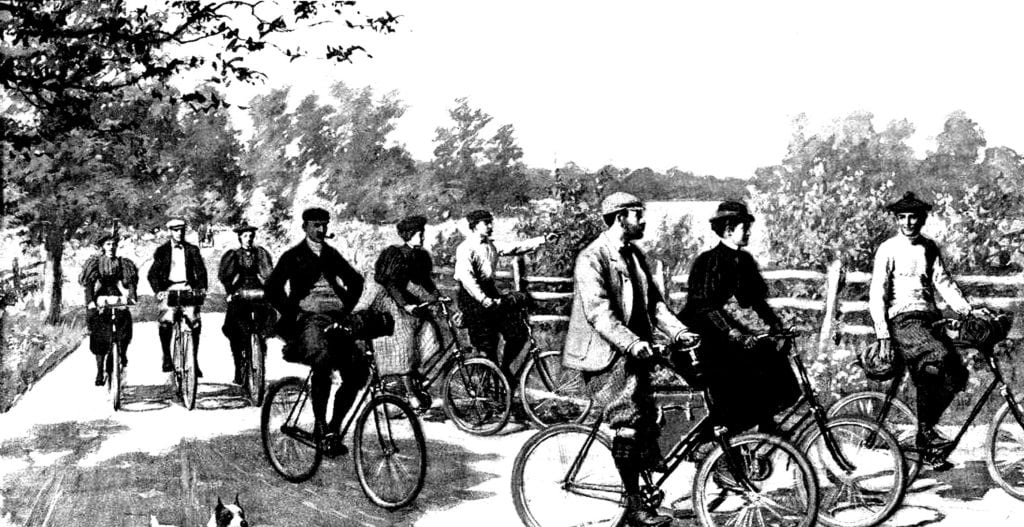
Gun Law
In the hot summer of 1901 the country mourned the death of Queen Victoria. However once the period of mourning was over, with the hot weather a new craze was born: cycling. Thousands of cyclists eager to escape the city spilled out into the countryside, taking with them the latest fashionable accessory, a product known as ‘The Cyclist’s Friend’; a scaled-down handgun…
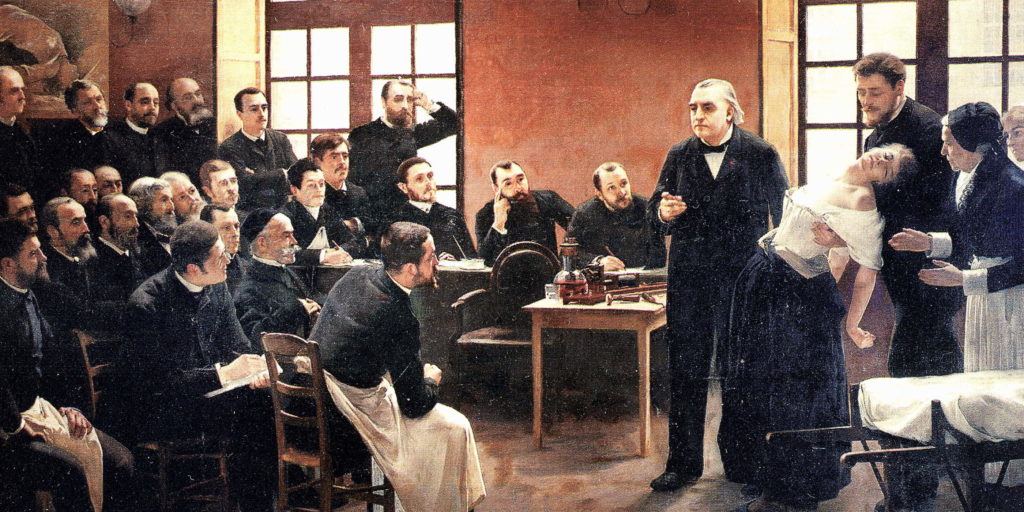
Hysterical Victorian Women
Mad women have been a subject of scientific curiosity for centuries. But were mad women truly insane? Or were they simply the undesirables of society where incarceration was a convenient option? Let’s take a look…
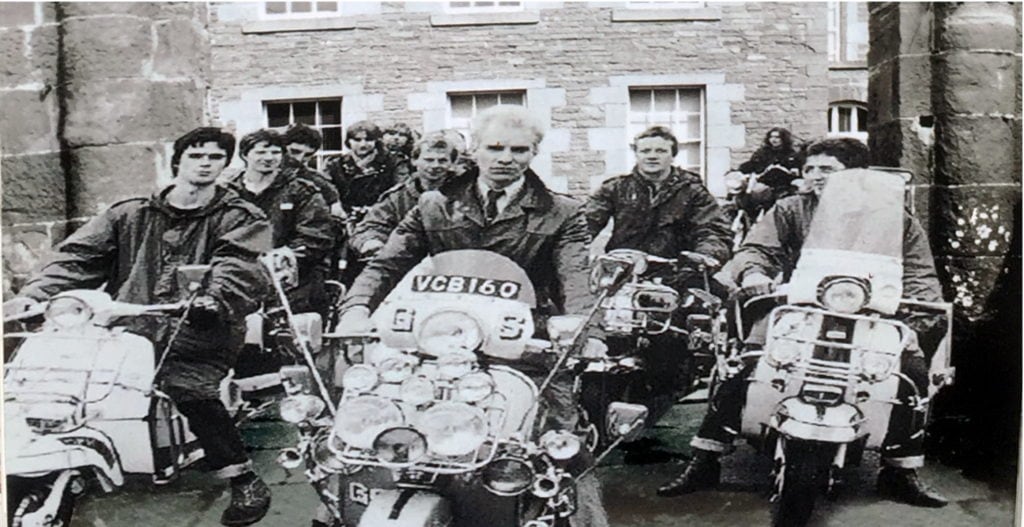
The Mods
Mods are synonymous with the Swinging Sixties. Whilst Rockers wore leather jackets and jeans, their rivals the Mods wore Fred Perry and Ben Sherman shirts, with a Parka coat on top…
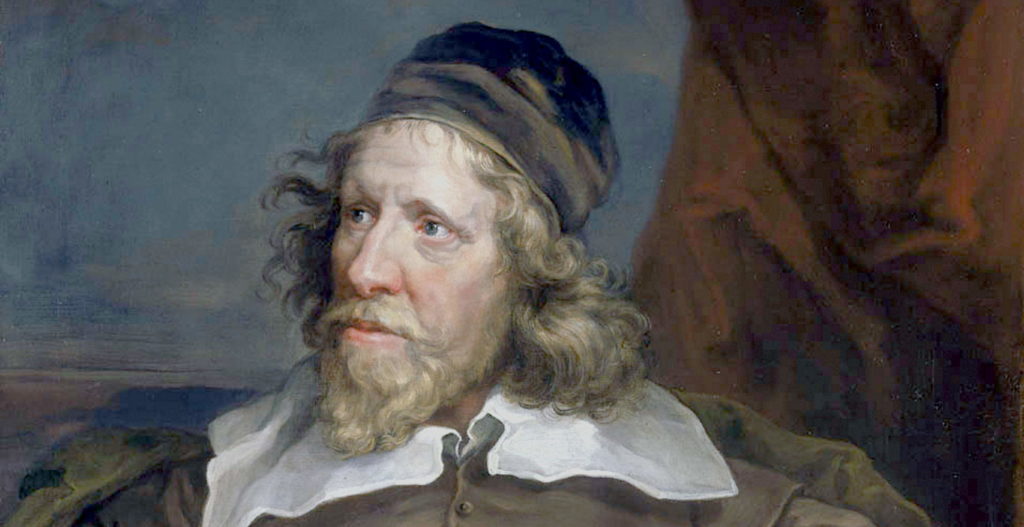
Inigo Jones
The Father of the English Palladian style, Inigo Jones was a legendary architect, bringing a taste of the Italian Renaissance to some of the most notable buildings in England.
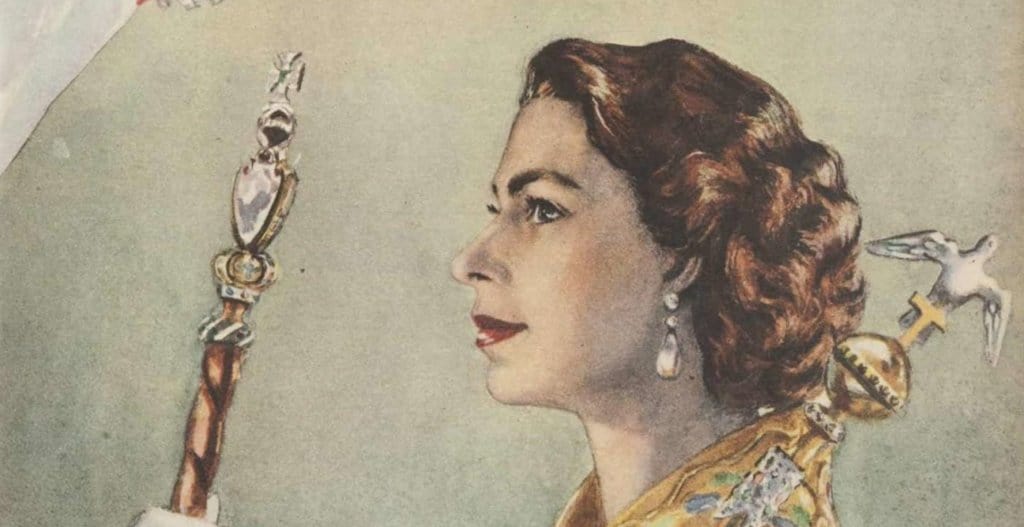
The year that was… 1953
Coronation Year 1953 – how we lived in the early 1950s… There was virtually no vandalism, swearing in public places was an offence, and gentlemen still gave up their seats to ladies in buses and trams.
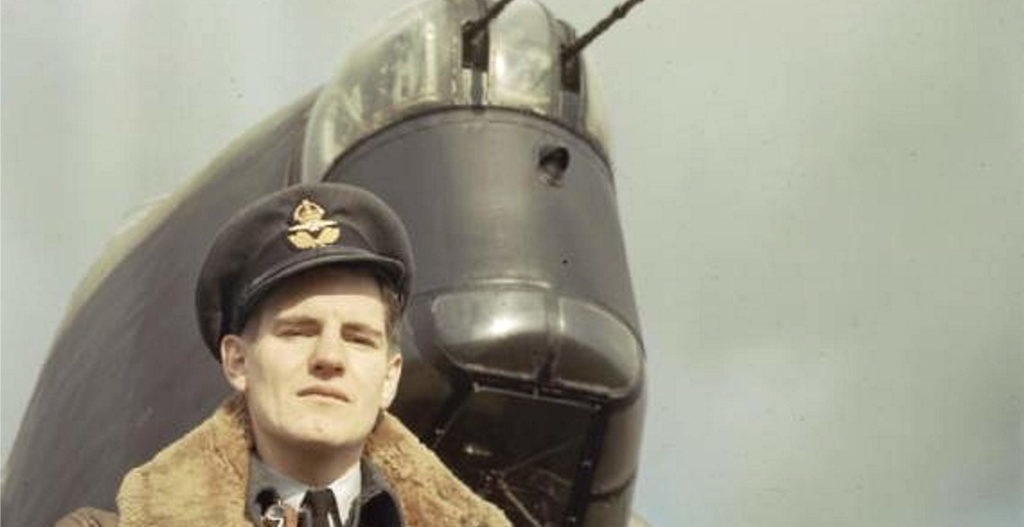
Air Clubs of World War Two
It may not be immediately obvious what a caterpillar, a goldfish, a guinea pig and a boot with wings all have in common. However, these are all names of air clubs that were formed before or during World War Two…
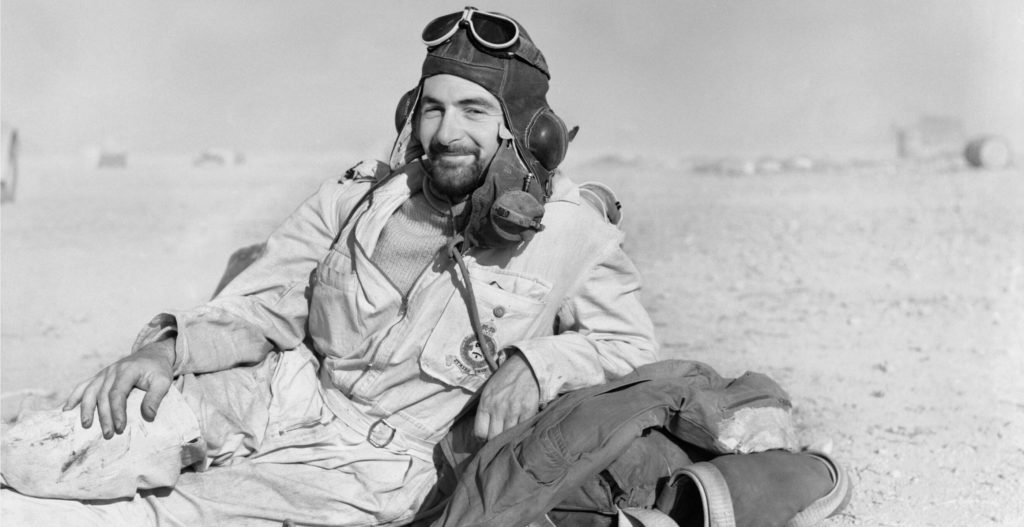
The Winged Boot Club
The ‘Late Arrivals Club’ or Winged Boot Club was born during the Western Desert Campaign in 1941. During this conflict many airmen were shot down, bailed out of aircraft, or crash landed deep in the desert. They then had to make their way back to safety, often from behind enemy lines…
